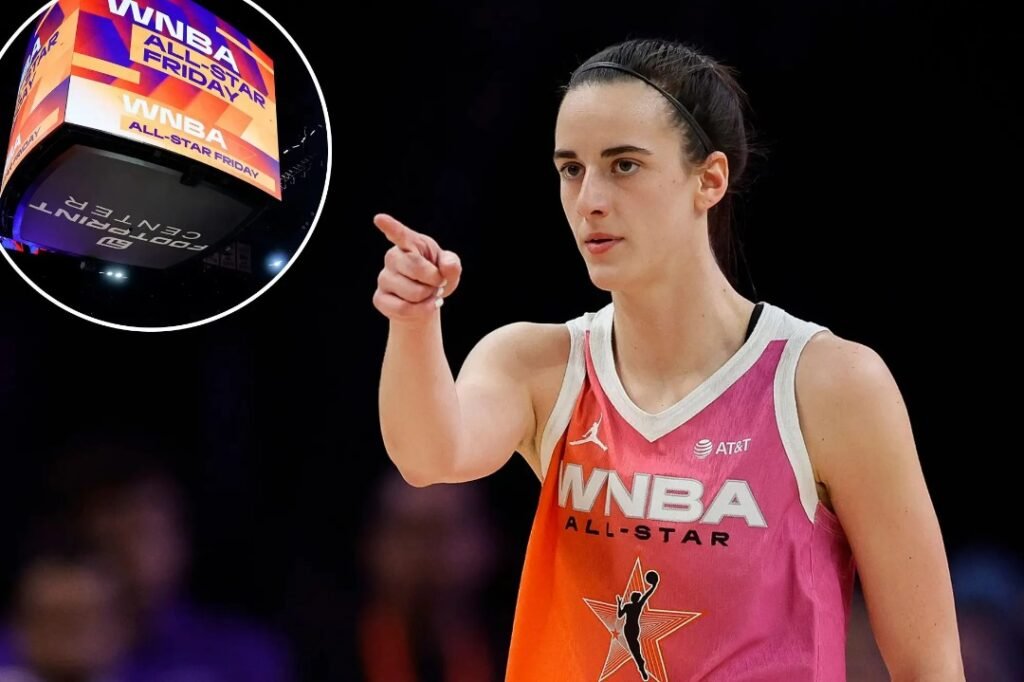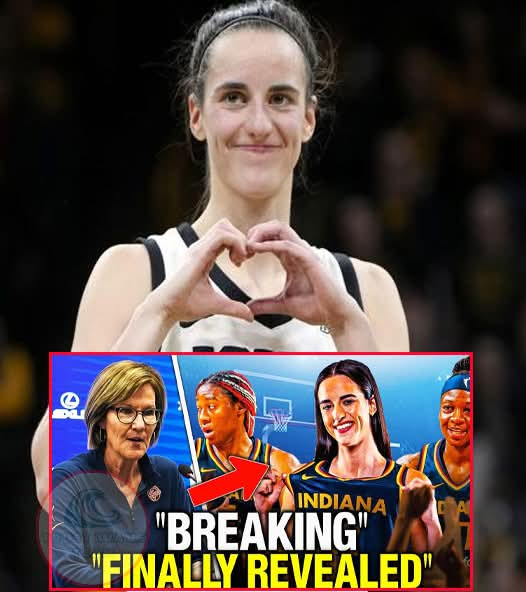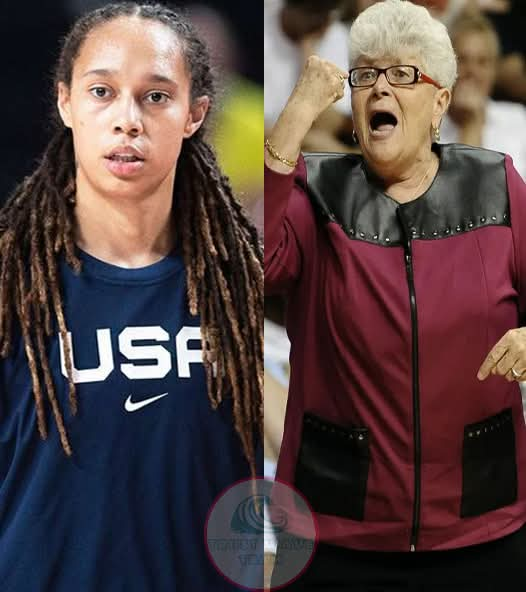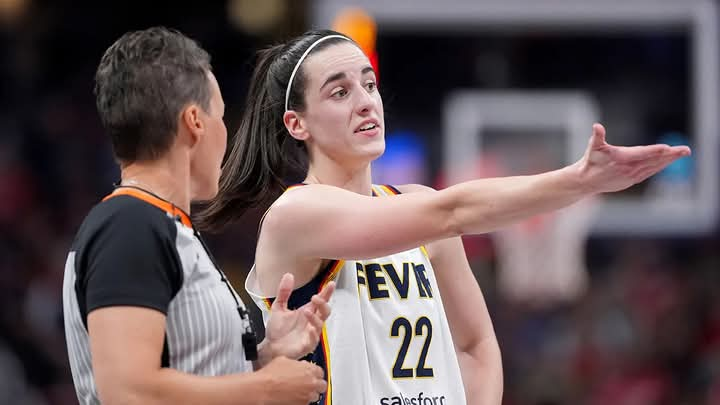
Caitlin Clark, the Indiana Fever’s sensational rookie and 2024 WNBA Rookie of the Year, has not only shattered records on the court but also stirred controversy off it. Her monumental endorsement deals, including an eight-year, $28 million contract with Nike, have made her one of the highest-earning players in women’s sports. However, her earnings—estimated at $11 million from endorsements alone—have ignited a fierce debate among fans and critics, with many questioning whether the WNBA’s financial ecosystem can sustain such disparities.
Critics argue that Clark’s off-court income dwarfs her WNBA salary of approximately $76,000, a reality that underscores the league’s ongoing pay gap issues. While her unparalleled marketability has been credited with boosting the WNBA’s visibility and revenues, detractors claim her earnings expose an imbalance. They suggest that such wealth, concentrated among a few marquee players, risks alienating teammates and creating tension in the locker room. “Her income is miles ahead of others in the league, and that might not sit well with everyone,” a sports analyst remarked.
Fans, however, are divided. Some celebrate Clark’s success as a symbol of progress for women’s sports, pointing out how her popularity has increased ticket sales and television ratings. Others, though, question whether the disparity between her income and that of her peers reflects the WNBA’s values of equality and unity. “Caitlin deserves every penny, but what about the rest of the players who are grinding just as hard and don’t get the spotlight?” one fan wrote on social media.
This discourse has also drawn attention to the broader disparities between the WNBA and NBA. Clark’s endorsement income highlights the limited earning potential within the league itself, forcing players to seek financial stability through overseas contracts or brand partnerships. Critics contend that while Clark’s deals elevate the league’s profile, they also underline its dependence on external revenue streams rather than internal reforms to address player compensation comprehensively.
As discussions around pay equity in the WNBA intensify, Caitlin Clark finds herself both a trailblazer and a lightning rod for criticism. While her financial success underscores her immense value to the sport, it also serves as a reminder of the structural issues plaguing women’s basketball. Whether her earnings will pave the way for a brighter financial future for all WNBA players—or exacerbate existing divisions—remains a contentious question.




